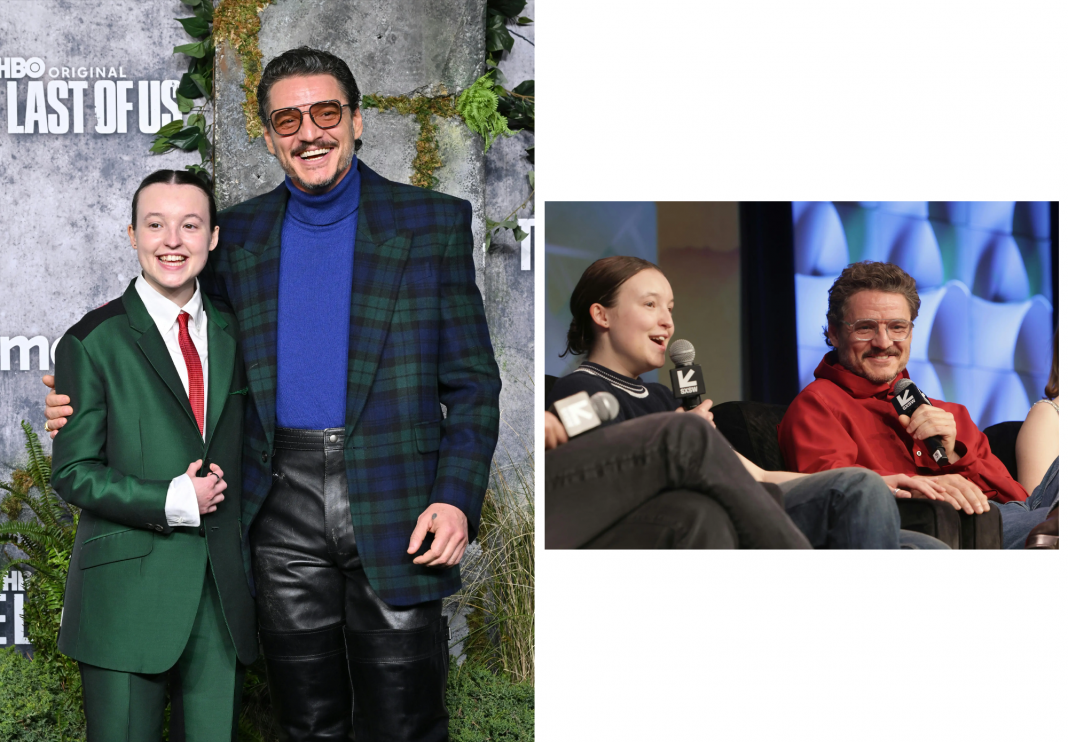The penultimate episode of The Last of Us Season 2 gave fans the surprise—and heartbreak—they’ve been waiting for: the emotional return of Joel Miller, portrayed by Pedro Pascal. Though his character was killed early in the season, Joel’s presence looms larger than ever in Episode 6, a flashback-heavy story that reframes his complicated legacy, explores the emotional depths of his bond with Ellie, and raises questions about love, morality, and what it means to be a parent.
The return of a fallen hero
In the world of The Last of Us, no one ever truly disappears—especially not Joel Miller. Episode 6 of Season 2 opens the door to his return not by rewriting his violent death, but by diving deep into his past. Through layered flashbacks, the episode gives fans a powerful reminder of the emotional threads that tie Joel and Ellie together, while expanding on Joel’s backstory in meaningful ways.
In one of the episode’s most striking sequences, viewers are taken back to 1983. A young Joel stands between his brother Tommy and their abusive father Javier (played with cold steel by Tony Dalton). The scene, though brief, establishes the episode’s thematic focus: cycles of violence, the weight of protection, and the scars that shape who we become. Joel’s instincts to protect others—often in morally ambiguous ways—are rooted in trauma. It’s a detail that casts his relationship with Ellie in a more complicated light and gives new resonance to his later choices. Rather than resurrecting Joel through fantasy or fiction, the writers of The Last of Us take a more grounded approach. His return through memory and emotion feels honest, raw, and earned—a tribute to the man he was and the contradictions he carried.
Building—and breaking—the bond with Ellie
Episode 6 devotes itself almost entirely to the relationship between Joel and Ellie, tracing their bond through a series of intimate flashbacks that span one to two years. Each moment revolves around Ellie’s birthday, and each shows Joel going to great lengths to make her feel seen, celebrated, and safe.
Whether it’s surprising her with a vanilla cake or crafting a handmade guitar, Joel’s gestures highlight his transformation from reluctant guardian to devoted father figure. These scenes pulse with tenderness and vulnerability, qualities that have always defined the best of Pedro Pascal’s performance. One moment, in particular, cuts deep: Ellie burns her arm to hide her bite mark, desperate to reclaim her autonomy. Joel’s concern is subtle but fierce, a wordless testament to the love he cannot fully express. But love in The Last of Us is rarely simple. Alongside the warmth, there’s friction. As the timeline advances, the emotional tension between Joel and Ellie begins to swell—especially when truth, or the lack of it, comes into play.
The confession that changes everything

One of the most pivotal moments in the episode comes during a flashback involving Gail Lynden (played by Catherine O’Hara). Joel lies about the fate of her husband Eugene, claiming he took his own life. Ellie, unwilling to tolerate dishonesty, interrupts. She tells Gail the truth: Joel killed Eugene after he was bitten, breaking his promise to bring him home. That moment marks a turning point—Ellie can no longer ignore Joel’s contradictions.
Later, on New Year’s Eve, the tension reaches its peak. Ellie directly confronts Joel about what really happened with the Fireflies. It’s the moment fans have anticipated for over a season—and it does not disappoint. Joel finally admits the truth: he killed the Fireflies to save Ellie, knowing they would have taken her life to develop a cure. He confesses he would do it again. “It was because I love you in a way you can’t understand,” Joel tells her, eyes heavy with remorse.
It’s a line that encapsulates the emotional DNA of the entire series: love as salvation, and love as destruction. For Ellie, it’s a revelation that blends fury, guilt, and heartbreak—a kaleidoscope of feelings made more tragic by what we already know comes next.
The tragedy of fatherhood
What gives Episode 6 its devastating power is its meditation on fatherhood—not just Joel’s relationship with Ellie, but his relationship with his own father. In a quiet moment of reflection, Joel echoes something his father once told him: “If you should ever have one of your own, well then, I hope you do a little better than me.”
It’s a humble, haunting wish—one that Joel offers to Ellie as he prepares to face the truth and its consequences. The line becomes a full-circle moment, bridging generations of pain and protection, and acknowledging that love is imperfect, but still worth offering. Ellie’s response is subtle but significant. Though she’s hurt, though the weight of Joel’s decisions is immense, there’s a softening. Forgiveness, or at least understanding, begins to take root. Tragically, their reconciliation comes just before Joel’s brutal murder by Abby, who seeks revenge for her own father’s death at Joel’s hands. The show’s creators let that final act land with even more emotional heft by giving Joel and Ellie a moment of clarity before it’s all torn away.
The emotional anchor of the apocalypse
The Last of Us has always been a show about more than just survival in a post-pandemic wasteland. Beneath the infected hordes and burned-out buildings lies a very human story about grief, guilt, connection, and love. Episode 6 doesn’t push the action forward so much as it reminds us why the story matters. It’s a gut-wrenching pause before the final act, one that deepens the characters we love and the choices they’ve made.
As Season 2 nears its conclusion, the stakes are no longer just about Ellie and Dina’s revenge, or the crumbling world they’re fighting through—they’re about legacy. What do we leave behind? Who do we become when love and loss collide? Pedro Pascal’s Joel may be gone, but in this haunting, beautiful episode, he’s more present than ever.
The Last of Us Season 2 finale airs May 25 on HBO and Max.



